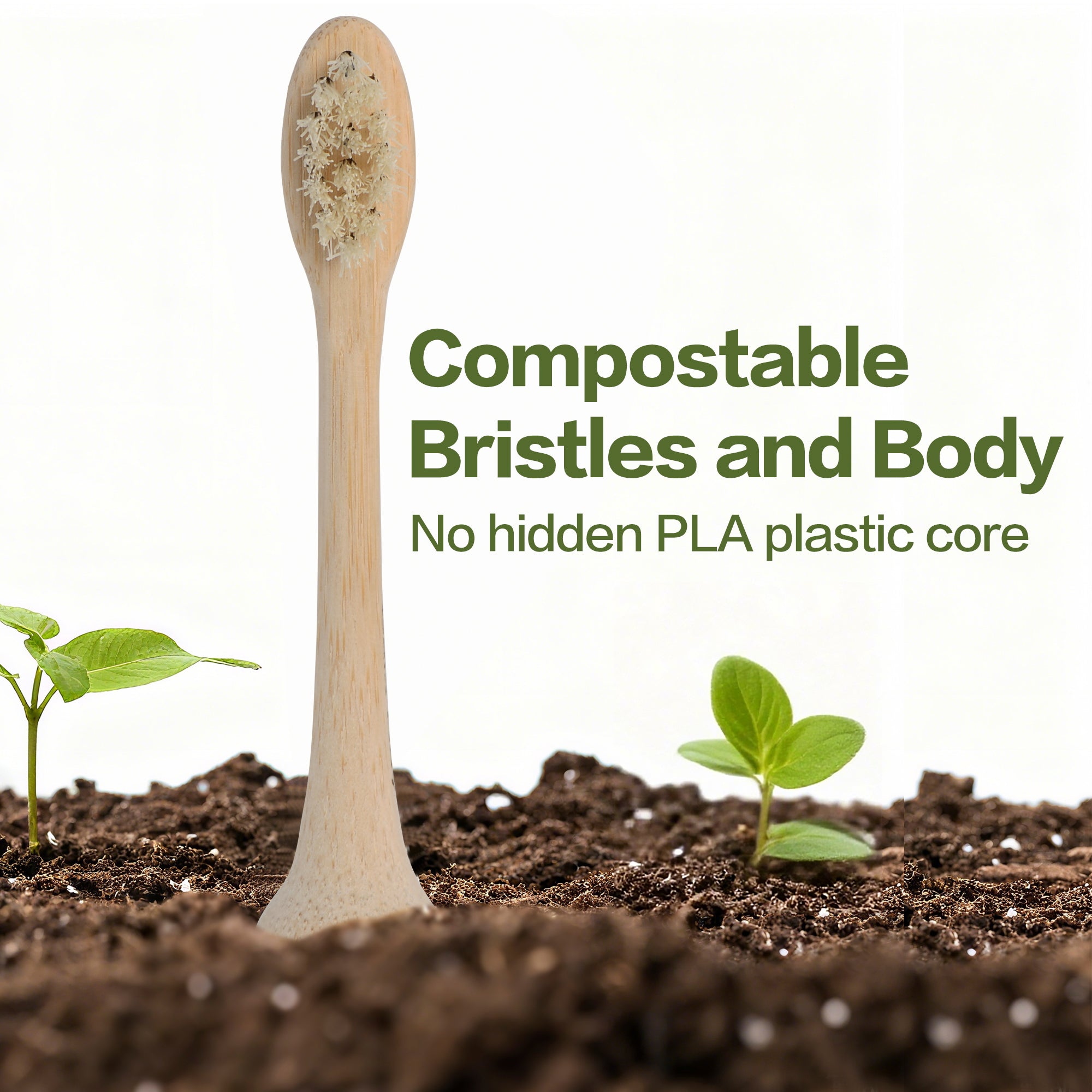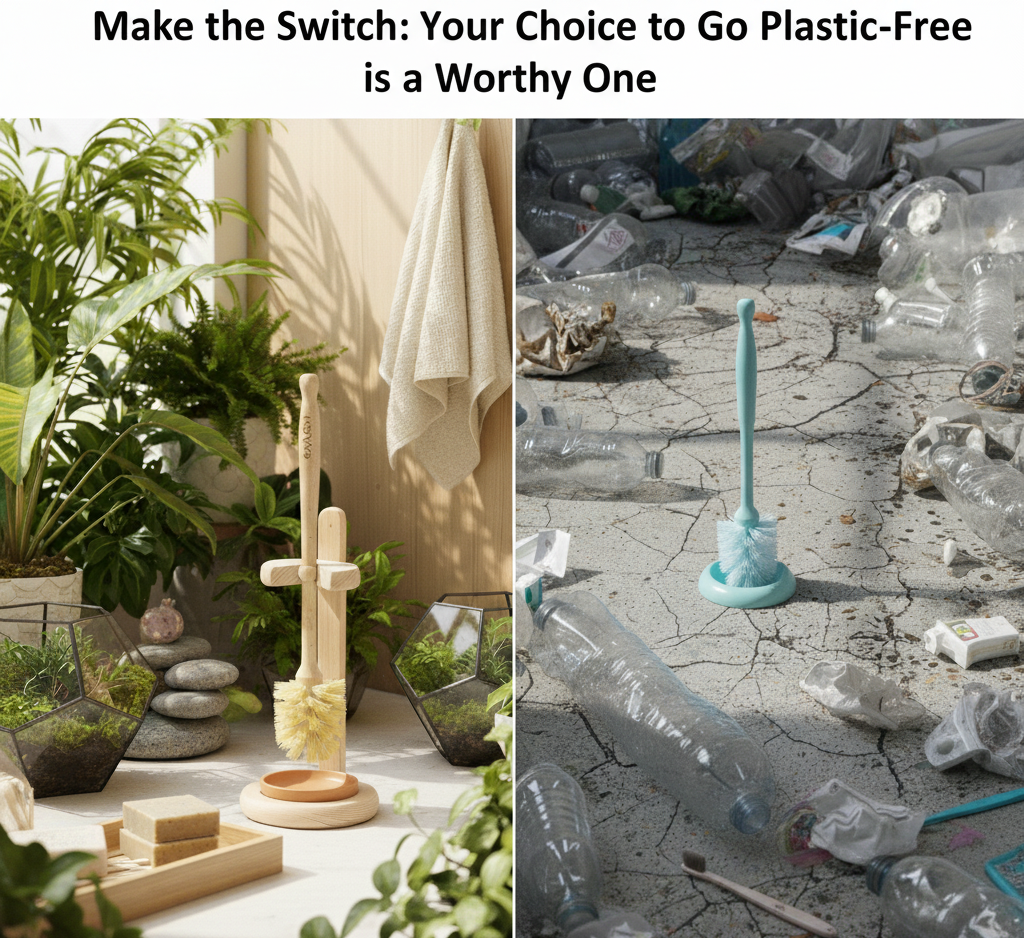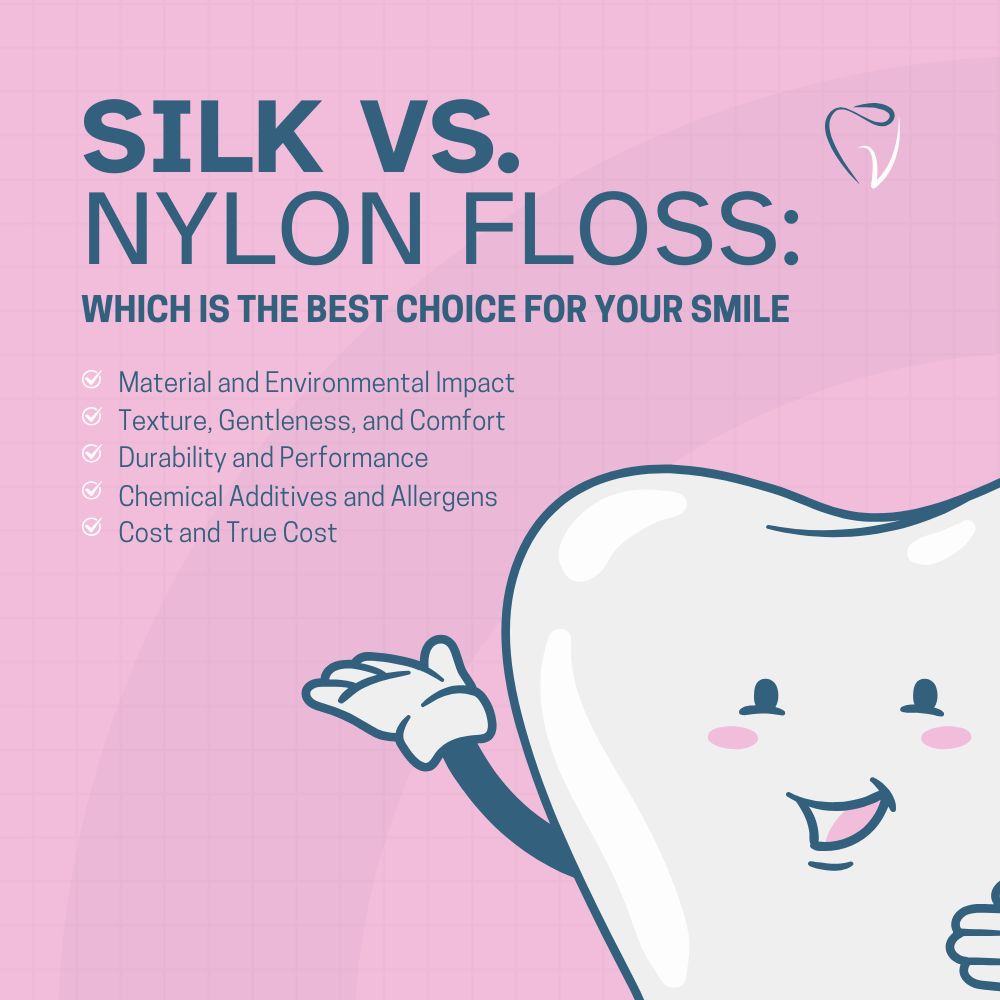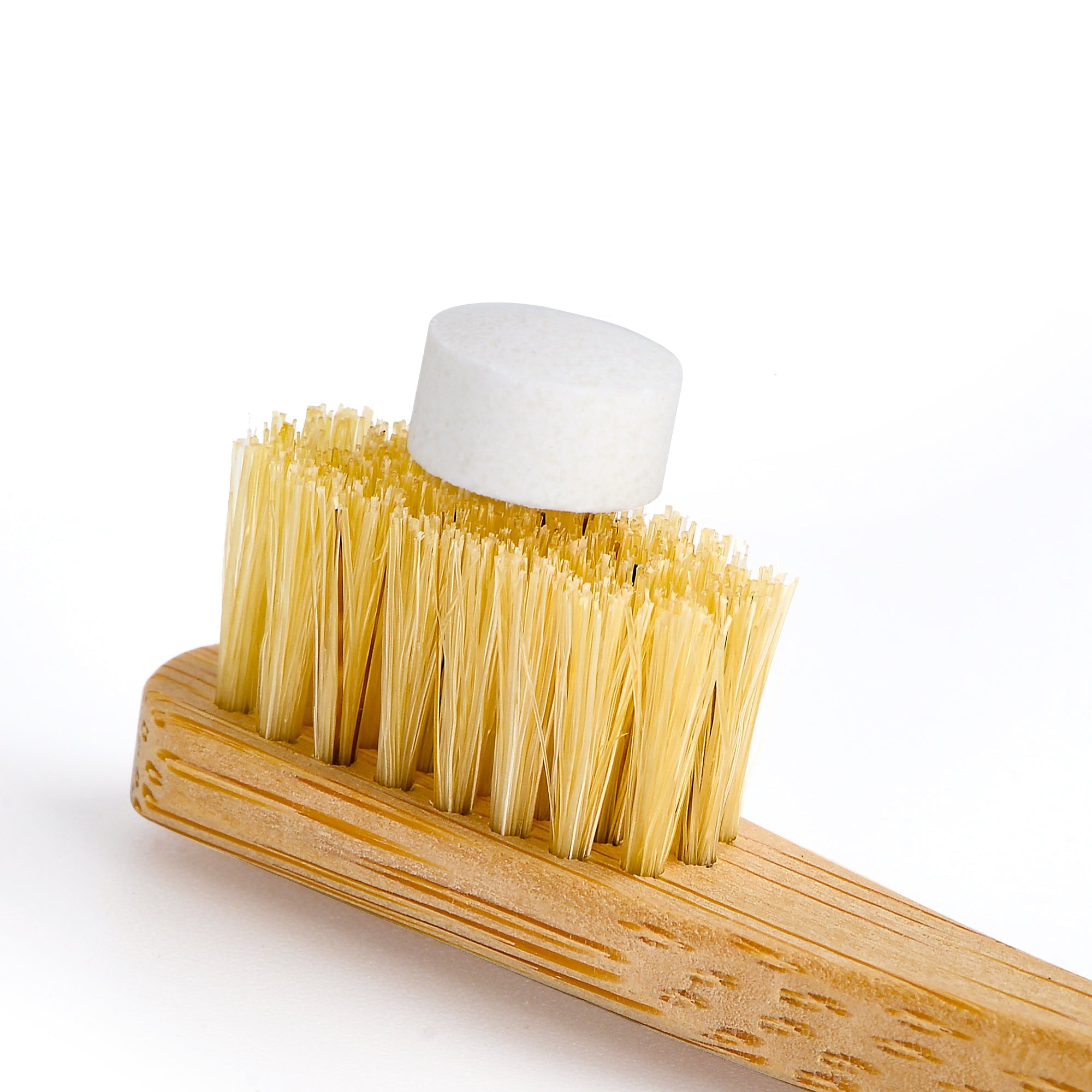In recent years, the convenience of laundry and dishwasher pods has revolutionized household chores.
The idea of simply grabbing a pod, tossing it into the washing machine or dishwasher, and having your cleaning task sorted has become immensely popular among consumers worldwide.
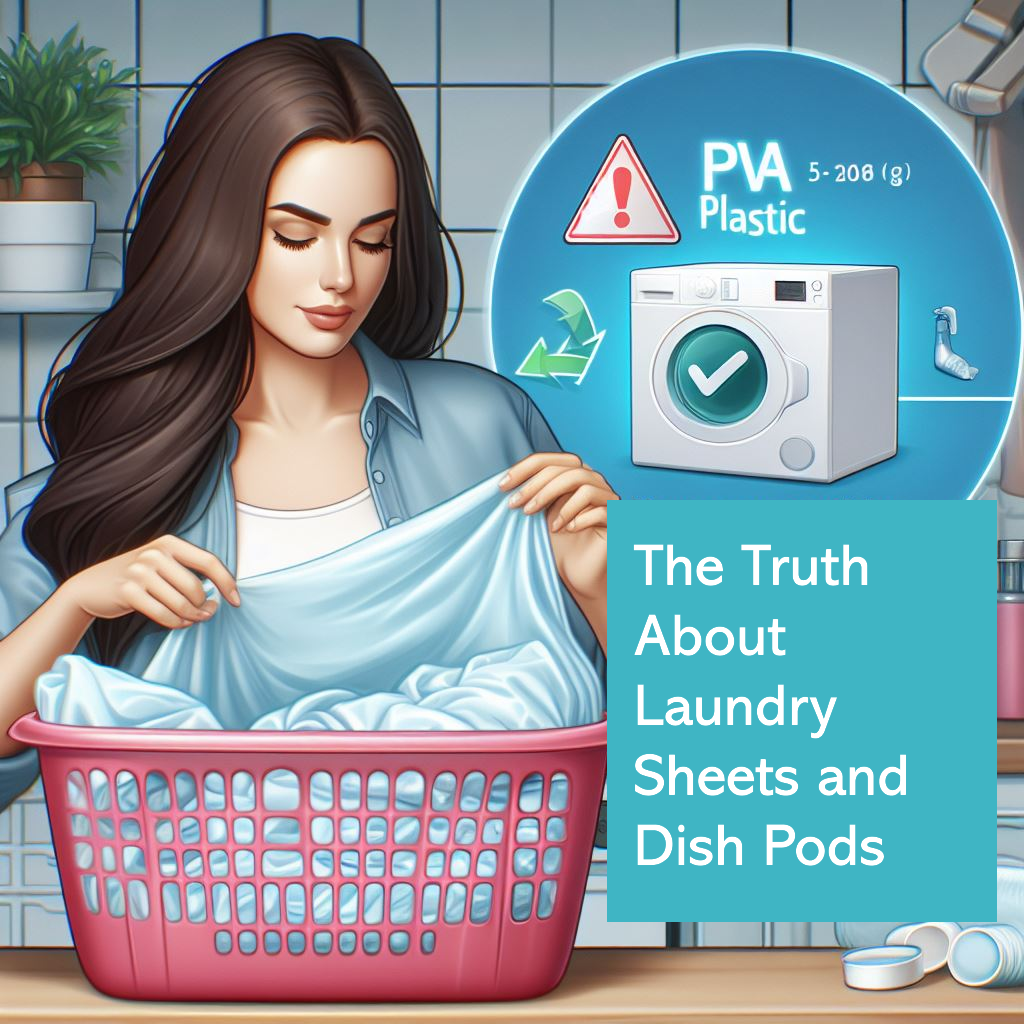
But, are these pods as environmentally friendly as they seem? A study conducted by Arizona State University sheds light on the biodegradability of these pods and raises important questions about their environmental impact.
Understanding the Composition
Laundry and dishwasher pods are ingeniously designed with detergent and other cleaning agents encapsulated inside a dissolvable plastic coating, commonly known as polyvinyl alcohol (PVA).
This synthetic polymer, which has been in use since the early 1930s, is water-soluble and breaks apart during the wash cycle, releasing the cleaning agents.
Biodegradability Claims
Many companies market PVA as biodegradable, leading consumers to believe that these pods are environmentally friendly. However, the reality is more nuanced.
While PVA can theoretically biodegrade under specific conditions, such conditions are often not met, especially within conventional wastewater treatment systems.
The bottom line is plastic is going to persist in the environment. There are some novel approaches of mixing PBAT and PLA to make biodegradable plastic poop bags and food scrap bags but these laundry sheets seem to be just leaving plastic behind.
The Reality of Treatment Plants
The ASU study reveals alarming findings about the fate of PVA when it enters wastewater treatment plants. Despite claims of biodegradability, the conditions required for PVA to break down completely are not typically present in these treatment facilities. As a result, a significant portion of PVA escapes treatment and is released into the environment.
Environmental Impact
According to the research, approximately 75% of PVA goes untreated in the U.S. each year, amounting to around 8,000 tons of this synthetic polymer being released into the environment annually. This poses a grave risk to terrestrial and aquatic ecosystems, as the long-term effects of PVA pollution remain largely unknown.
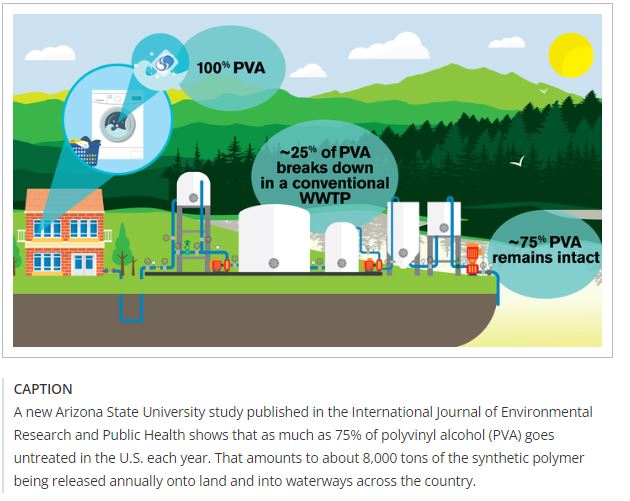
Questioning Biodegradability Claims
The study raises fundamental questions about the definition of biodegradability and the validity of companies' claims regarding their products. Should a material be considered biodegradable if it only degrades under specific, often artificial, conditions? Is it ethical for companies to label their products as biodegradable without considering their actual environmental impact?
Future Considerations
Moving forward, it is crucial to reassess our understanding of biodegradability and enact stricter regulations regarding environmental claims made by manufacturers. Furthermore, research into the long-term effects of PVA pollution and the development of more sustainable alternatives are urgently needed to mitigate the environmental harm caused by laundry and dish pods.
We were featured in a Redfin article! Check it out here: How to Clean the Dishwasher and
Improve Its Efficiency
Conclusion
While laundry and dish pods offer unparalleled convenience, their environmental impact cannot be ignored. The ASU study serves as a wake-up call, urging consumers to scrutinize biodegradability claims and demanding greater transparency from manufacturers. As stewards of the planet, it is our responsibility to make informed choices that prioritize environmental sustainability for future generations.
Alternatives
Take inspiration from how the Victorians dealt with laundry. Try a few alternative DIY laundry ingredients. Have a quick peruse of sustainable laundry practices. Perhaps the most amazing alternative that works is just using water! Check out the science behind laundry.





